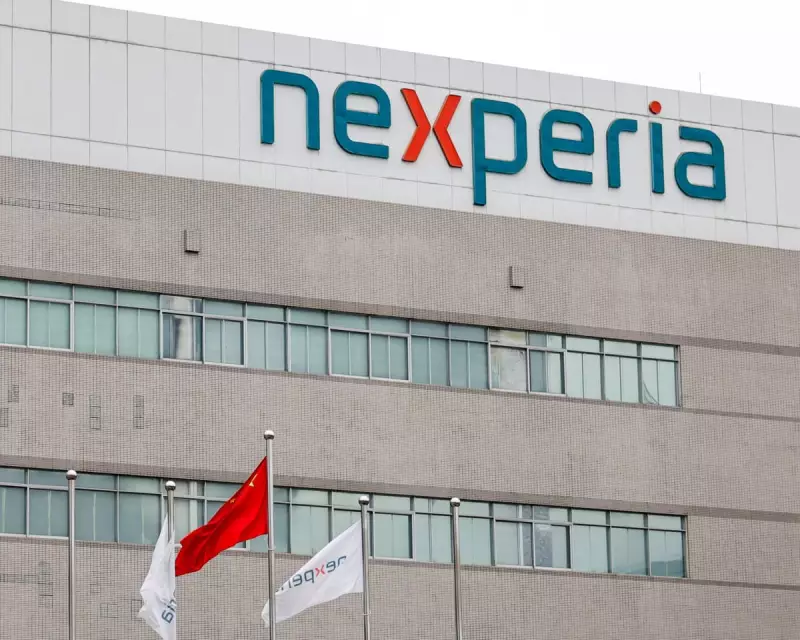
Diplomatic Tensions Escalate in Semiconductor Dispute
The Chinese government has declared its "extreme disappointment" with the Dutch minister at the centre of an escalating conflict over semiconductor supplies to the automotive industry. This strong reaction comes directly from China's ministry of commerce, responding to recent interviews given by Vincent Karremans, the Netherlands' Minister of Economic Affairs.
In his Thursday interviews, Minister Karremans characterised the ongoing standoff between China and the European Union as a "wake-up call for western leaders" regarding semiconductor dependency. The Chinese ministry spokesperson countered that these remarks "confuse right and wrong, distort facts and persist in a single-minded course."
The Root of the Semiconductor Crisis
The current confrontation began when Beijing imposed a worldwide ban on exports of chips from Nexperia at the beginning of October. This drastic measure brought the global automotive industry to near standstill, highlighting the critical importance of these components in modern vehicle manufacturing.
China's export prohibition came as a direct response to the Dutch government's decision in late September to assume supervisory control of Nexperia, a Chinese-owned semiconductor company. Dutch authorities justified their intervention by citing economic security concerns, claiming they had received intelligence indicating the Chinese CEO was "moving away intellectual property rights, firing people and looking to relocate production to China" from the company's Hamburg subsidiary.
Nexperia operates as a subsidiary of Wingtech Technology, a Shanghai-listed corporation that acquired the Dutch chip manufacturer back in 2018. Despite the significant disruption caused, Minister Karremans expressed no regrets about his government's actions, stating that given the same information, he would make the same decisions again.
International Fallout and Resolution Efforts
Rather than engaging in a bilateral dispute on Wingtech's behalf, China opted for the more impactful global export ban on Nexperia chips, all of which undergo final production stages in Chinese facilities. The Chinese ministry spokesperson described a court decision to suspend the Chinese boss of Nexperia as "erroneous" and placed full responsibility for the export ban on Dutch authorities.
"This unwise and impulsive act, which violates the spirit of contract, is the root cause of the turmoil and chaos in the global semiconductor supply chain," the spokesperson stated, adding that "administrative measures should not be used to improperly interfere with corporate operations."
As the situation continues to develop, a Dutch delegation is preparing to travel to Beijing next week seeking a long-term resolution. Minister Karremans himself is expected to visit the Chinese capital next month on a previously scheduled trade mission, though the current tensions may significantly alter the nature of those discussions.
The semiconductor supply chain crisis has exposed vulnerabilities in global manufacturing dependencies, with the automotive sector experiencing the most immediate and severe impacts. Industry analysts suggest this confrontation may accelerate efforts by Western nations to develop more diverse semiconductor sourcing strategies, though such transitions would require substantial time and investment.





